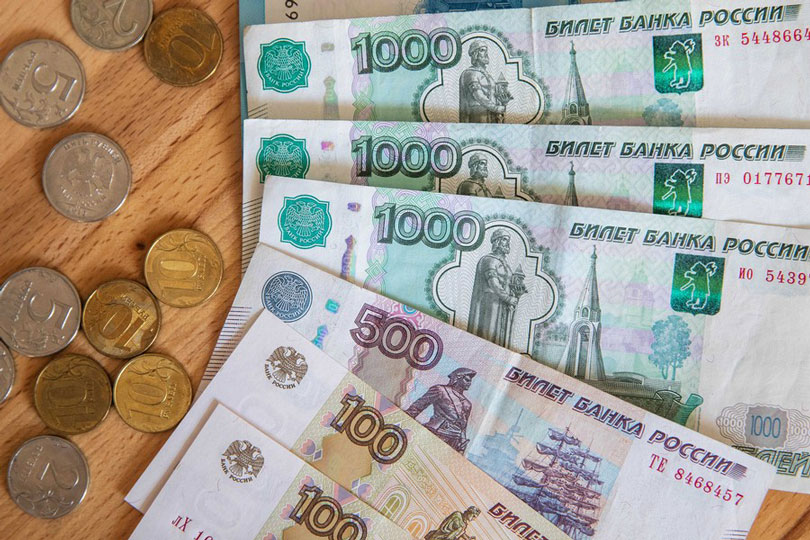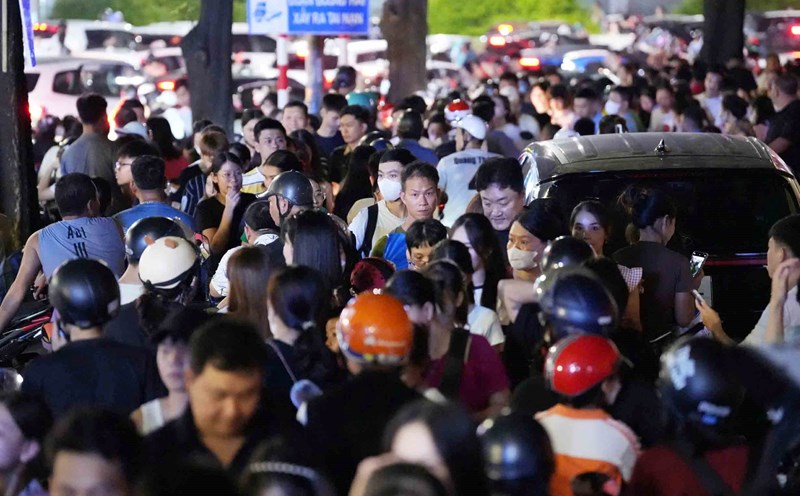Last weekend, EU foreign policy senior representative Kaja Kallas called on all member states to urgently seek more funding to patch the "large financial gap" for Ukraine.
Speaking at an informal meeting of EU Foreign Ministers, one of the initiatives that Ms. Kallas has seen as new to help Kiev is the use of Russian frozen assets in Europe, worth up to $300 billion.
Kallas stressed that Russia must pay for the damage, not our taxpayers ( Europe), and reaffirmed the EUs steadfast stance on a complete seizure of the bloc despite its allies concerns.
One of the countries showing the most obvious hesitation alongside France, Germany and Italy is Belgium, although the country is holding most of the frozen money at Euroclear, about 200 billion USD.
Earlier this week, Belgian Prime Minister Bart De Wever acknowledged the effectiveness of using the money, describing it as a golden egg. However, Mr. Wever also noted that the seizure could pose systemic risks and should be postponed until there are peace negotiations.
officials related to Euroclear and Belgian Foreign Minister Maxime Prevot also have similar views, citing the possibility of violating international law and damaging the reputation of the euro.

Austrian Foreign Minister Alexander Schallenberg warned that action without a solid legal foundation would be "a huge obstacle" for the EU.
Notably, according to data released by the European Commission (EC) at the end of August, the EU has allocated Ukraine 9 billion euros ($10.5 billion) in loans this year, guaranteed by profits from frozen assets of the Russian Central Bank.
To date, Ukraine has received a total of seven allocations of interest from frozen Russian assets, most recently $1 billion.
Observers say the move will cost Europe dearly. Meanwhile, legal experts say the West is too reckless and no one would have stepped into the "land of mines" by burning the intention to completely seize Russia's frozen assets.
For its part, Russia has not only condemned the asset freeze but also warned that this EU action will be considered intentional appropriation. The Kremlin spokesman has affirmed that Moscow will use all legal channels to protect its assets and rights.











